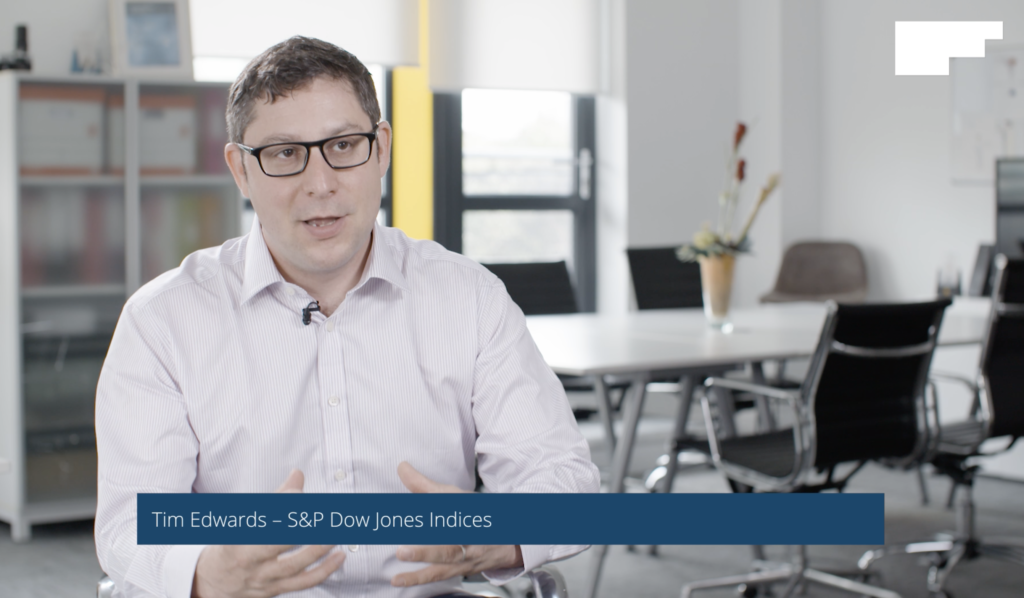In this Video Tim Edwards and Robin Powell explain if we should worry about the growth of indexing.
Robin Powell
Tim Edwards/ S&P Dow Jones Indices
+++
RP: Index investing has grown hugely in popularity over the years.
In fact, some commentators are warning there’s an index investing bubble developing.
But, says Tim Edwards from S&P Dow Jones Indices, that’s somewhat missing the point.
TE: Passive investing, by definition, is whole market investing. You’re not putting more money in Apple or Microsoft or in any other stock compared to its capacity to absorb your investment. So, smaller stocks get a smaller bit of your money; and bigger stocks get a bigger bit of your money. So, bubbles certainly do exist in stock markets – they’re easiest to spot in hindsight – but there’s no evidence that broad-based passive investing is what’s driving them and, in fact, it’s very difficult to see that happening.
RP: Just to clarify, all equity investing is intrinsically risky. But that is totally unconnected with the growth of indexing.
TE: Of course there’s a very different question here: today or tomorrow, are equities in total overvalued? If they are, it’s not because of passive investors. All that passive investors are doing is they’re tracking the whole market; and, if you are a passive investor, you shouldn’t be worried about more people following the same strategy that you are.
RP: Another concern that’s been expressed about the growth of ETFs in particular is that, because they’re liquid investments that can be traded quickly and easily, investors will be tempted to rush for the exits when markets fall.
But that’s not what happened in March 2020, when markets plummeted in response to news about the Covid-19 pandemic.
TE: Well, in hindsight, I think we can make a couple of observations. The first is that passive investors themselves didn’t rush for the exits. In fact, this shouldn’t be surprising. Many passive investors are there for the long-term, rather than trying to time the market. The second thing that we noticed was,
again, there was volatility. They were tougher trading conditions. But overall, the markets didn’t break. It kept functioning and, in fact, what we saw was an incredibly astonishing amount of capital being transferred, being re-allocated, being re-adjusted as institutional investors – and active managers – adjusted their exposures. Many of them used index projects in order to do that and, overall, I think you can say the system really worked and dealt with an extraordinary volatility and a change in news flow very effectively.
RP: So, yes, there have been scare stories about indexing. But they don’t stand up to close scrutiny.
There’s no evidence yet that indexing poses a systemic risk, or that index investors are more exposed to risk than investors using actively managed funds.



